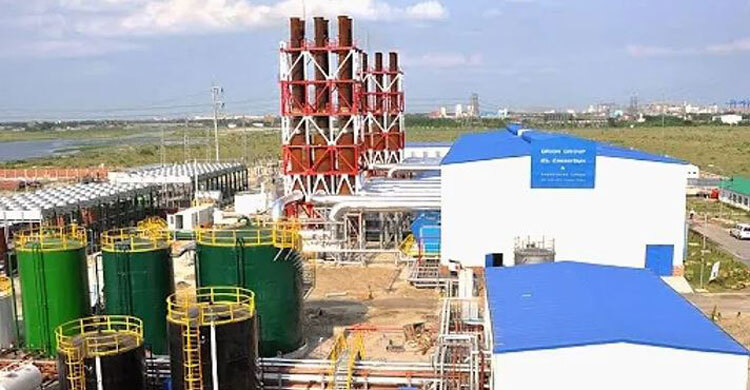HC rules on validity of indemnity for quick rental power plants

The High Court has issued a ruling questioning the legality and constitutionality of two clauses related to the indemnity provided for quick rental power plants and the purchase of electricity from them.
Specifically, the court has asked why the indemnity outlined in Section 9 of the Quick Rental of Electricity and Fuel (Special Provisions) Act, 2010, should not be declared illegal and unconstitutional.
The ruling was made by a High Court bench comprising Justice Farah Mahbub and Justice AKM Rabiul Hasan on Monday, September 2, following a preliminary hearing on the writ petition.
Earlier, writ petitions were filed challenging the validity of two provisions within the Rapid Increase in Supply of Electricity and Energy (Special Provisions) Act—relating to the "promotion of schemes or proposals" and the "exclusion of jurisdiction of courts."
Lawyers Shahdin Malik and Md Tayyib-ul-Islam filed the writ last week, specifically challenging the validity of Section 6(2), which deals with the "promotion of plans or proposals," and Section 9, which pertains to the "exclusion of jurisdiction of courts."
The Rapid Increase in Supply of Electricity and Energy (Special Provisions) Act was enacted on October 12, 2010.
Commenting on the writ, Shahdin Malik explained that the petition challenges the constitutional validity of Sections 6(2) and 9 of the Act.
The rule sought clarification on why these sections should not be declared unconstitutional and illegal.
Section 6(2) of the Act allows any purchase, investment plan, or proposal—with the consent of the minister in charge of the Ministry of Power, Energy, and Mineral Resources—to be communicated with a limited number of institutions or a single institution as described in Section 5 of the Processing Committee.
The nominations for the work are made through negotiation, and the proposal is then referred to the Cabinet Committee on Economic Affairs or Government Procurement, following the procedures outlined in Section 7.
Section 9, concerning the "exclusion of jurisdiction of courts," states that no question shall be raised before any court regarding the validity of any action taken, measure adopted, or order or direction given under this Act.

